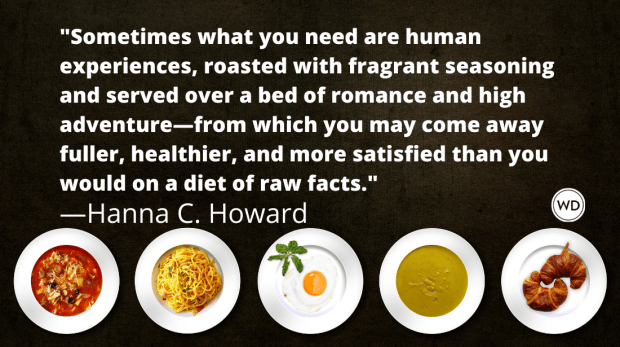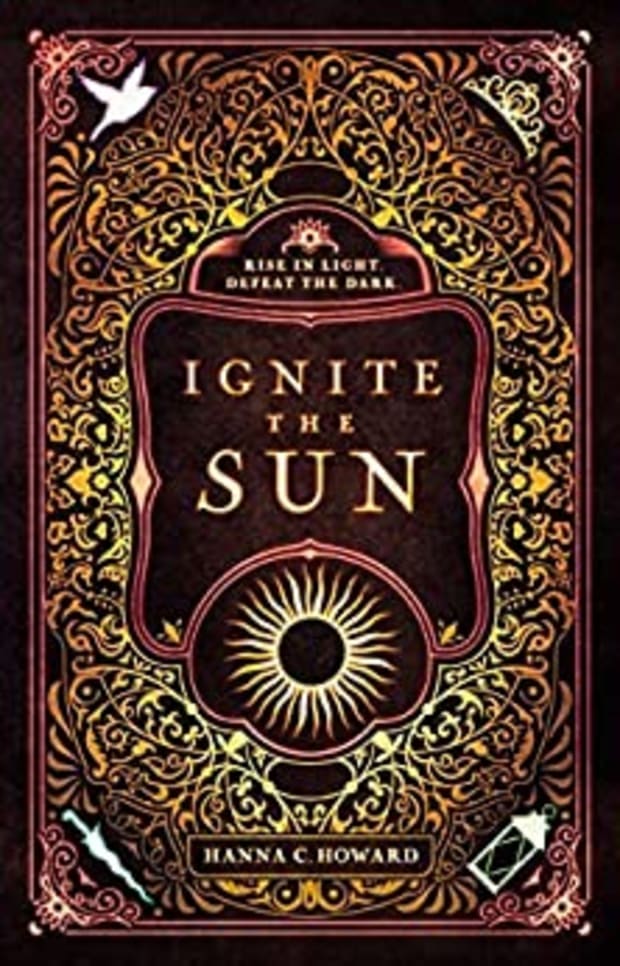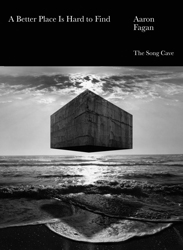In our series “Can Writing Be Taught?” we partner with Catapult to ask their course instructors all our burning questions about the process of teaching writing. This month we’re talking to Rax King, who’s teaching a six-week nonfiction workshop on the personal essay. (Rax’s excellent Electric Literature essays on teen romance novels and Meatloaf should convince you she knows what she’s talking about!) We asked her the same ten questions we always ask, and she favored us with some gems about when to take a break from your writing, when to send in the Catholics, and when to eat an entire loaf of bread.
What’s the best thing you’ve ever gotten out of a writing class or workshop as a student?
I took the excellent Tony Tulathimutte’s CRIT workshop, and I can’t recommend it highly enough. Tony is a hardass Virgo and will not let you get away with any of your shit, writing-wise, and also he gave me a sick coffee table once. But the most eye-opening thing he did for me was point out that when I don’t know what to make a character do, I always have them smile. Like, I was devoting hundreds of words of fluff to people’s smiles, and I had no idea! Stuff like this is the best use of a writing class or workshop for adults who know basically what they’re doing, I think. Of course, there are lots of useful lessons about craft and writing practices that teachers can impart, but students will get the most use out of a good teacher’s experienced close reading of their work.
What’s the worst thing you’ve ever gotten out of a writing class or workshop as a student?
We leave all these narrative stones unturned, because we’re still stuck on the story we thought we were telling about ourselves.
I took a real weird writing workshop when I was in high school. I was the youngest student in the room by a country mile. The teacher was this pipe-smoking Robert Frost devotee who wore a lot of tweed—it was like he’d Googled “retired poet outfit.” And I’ll never forget that his big piece of advice for us, this advice that he teased us with week after week but never actually revealed until the last session, was “send in the Catholics.” As in, if a piece of writing isn’t working as is, make it a Gothic-type story about Catholicism instead. It was the worst thing I ever heard in my life, and to this day, anytime I’ve hit a wall with a piece of writing, I hear that smug mutherfucker in my head saying “send in the Catholics.” I hope that guy’s having a bad day, if I’m honest.
What is the lesson or piece of writing advice you return to most as an instructor?
If you’re stuck, don’t keep hammering away at whatever section is stumping you. Go do something else for half an hour and then look at the piece holistically. Grant yourself entry from another angle. I’ve never had any luck pushing through writer’s block with sheer brute force, but by focusing my effort elsewhere in the piece, I can usually open it up for myself that way. I think this is especially useful advice to my fellow personal essayists, because we fixate on the memoiristic precision of what we write—we struggle with structural or narrative overhauls. We pick and pick at the sentence level and leave all these narrative stones unturned, because we’re still stuck on the story we initially thought we were telling about ourselves.
Does everyone “have a novel in them”?
I’ll put it this way: I’ve written a novel myself, and I in no way “had a novel in me.”
Would you ever encourage a student to give up writing? Under what circumstances?
To give it up outright, probably not. To come back to it some other time, yes, absolutely. If your manuscript has stopped being a labor of love and is just unceasing thankless drudgery, put the damn thing down before you hurt yourself. And if all writing has started to feel that way, again, put the damn thing down before you hurt yourself.
What’s more valuable in a workshop, praise or criticism?
It does nothing for me to tell me my story sucks shit if you’re not going to help me fix it.
They’re equally valuable! It is, to me, of exactly equal value to know when some aspect of my manuscript is working and to know when it isn’t. What isn’t valuable is nonspecific praise or criticism—it does nothing for me to tell me my story sucks shit if you’re not going to help me fix it, and it does nothing for me to tell me it’s perfect when we both know I hate myself far too much to let you blow smoke up my ass.
Should students write with publication in mind? Why or why not?
Absolutely not. For many reasons, but practically speaking: you’re going to hate everything you publish five years after it’s published anyway. So you might as well write stuff you’re proud of, not stuff that you think is going to make some slush reader cream their jeans.
In one or two sentences, what’s your opinion of these writing maxims?
- Kill your darlings: As advice, this has some value, but I always get stuck on the fact that it sounds so goddamn good to say out loud! “Kill your darlings” is the “cellar door” of tired writing advice.
- Show don’t tell: If I never hear this shit again, it’ll be too soon. What does it even mean?! You want I should draw you a little picture so you don’t have to read my book? Is that it? A little diagram?
- Write what you know: I’d amend this to: write ideas and perspectives that you’re confident you understand. Don’t talk out of your ass. Know when to cede the microphone.
- Character is plot: I never heard this one before! It sounds silly as hell, though.
What’s the best hobby for writers?
I don’t know how to even begin to answer this, so I’m going to make something up. Embroidery. All writers should do embroidery.
What’s the best workshop snack?
An entire loaf of bread, consumed over the course of the workshop with butter. And I won’t share.
The post Rax King Is Not Going to Let You Blow Smoke Up Her Ass appeared first on Electric Literature.



